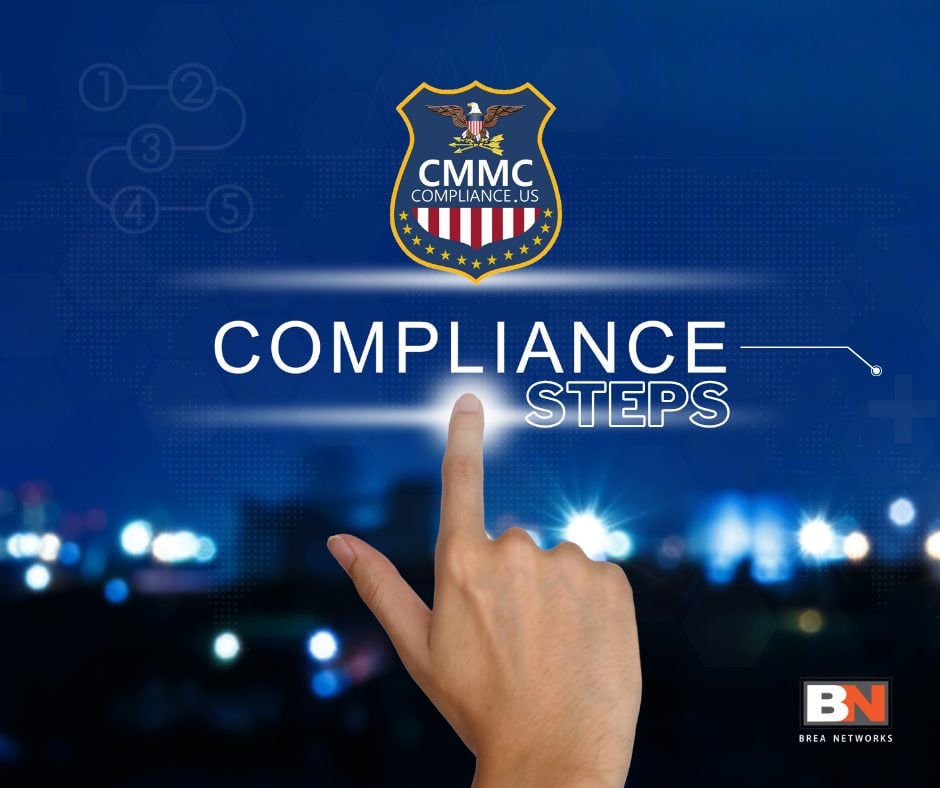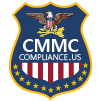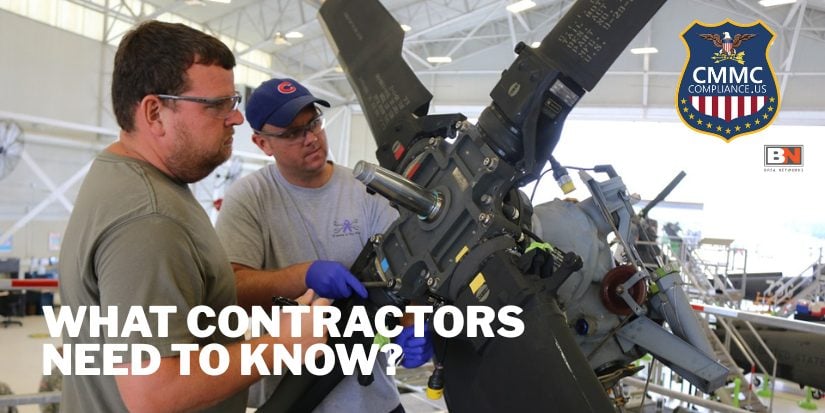The Cybersecurity Maturity Model Certification (CMMC) is a cornerstone of cybersecurity for the Defense Industrial Base (DIB). Recent updates to the CMMC solicitation provision and contract clause, aligned with 32 CFR Part 170, introduce critical changes for prime contractors and subcontractors. These updates emphasize accountability, transparency, and continuous compliance to safeguard Federal Contract Information (FCI) and Controlled Unclassified Information (CUI). In this post, we break down the key changes, their implications, and actionable steps to ensure compliance and secure government contracts.
Key Updates to the CMMC Framework
The revised CMMC solicitation provision and contract clause bring clarity and rigor to cybersecurity requirements. Here’s what you need to know:
1. Clear Identification of CMMC Levels
The updated contract clause now explicitly requires contracting officers to specify the applicable CMMC level for each contract. The levels are:
- CMMC Level 1: Self-assessment for basic cybersecurity practices.
- CMMC Level 2 (Self-Assessment): Self-assessment for organizations handling CUI with moderate security requirements.
- CMMC Level 2 (C3PAO Assessment): Third-party assessment by a Certified Third-Party Assessment Organization (C3PAO) for heightened compliance.
- CMMC Level 3: Assessment by the Defense Industrial Base Cybersecurity Assessment Center (DIBCAC) for advanced cybersecurity needs.
This clarity ensures all parties understand compliance expectations from the outset, reducing ambiguity in contract awards.
2. Strengthened Subcontractor Flowdown Requirements
Subcontractors are now held to the same stringent standards as prime contractors. Key requirements include:
- Submitting affirmations of continuous compliance in the Supplier Performance Risk System (SPRS).
- Providing self-assessment results (or third-party assessment results for Level 2 C3PAO or Level 3) in SPRS.
These updates close critical gaps in the supply chain, ensuring end-to-end cybersecurity accountability.
3. Introduction of “Affirming Official” Terminology
The term “senior company official” has been replaced with “affirming official” to align with 32 CFR Part 170. This change clarifies who is responsible for affirming compliance, streamlining communication and accountability within organizations.

4. Enhanced Proposal Eligibility Requirements
To remain eligible for contract awards, offerors must meet strict criteria:
- Maintain a current CMMC status at the required level, documented in SPRS.
- Submit a current affirmation of continuous compliance for each system handling FCI or CUI in SPRS.
- Provide CMMC Unique Identifiers (UIDs) issued by SPRS for all systems handling FCI or CUI at the proposal stage.
- Update UID lists in SPRS as new systems are added.
These requirements underscore the need for proactive compliance management before and during contract performance.
Why These Changes Matter?
The updated CMMC provisions prioritize real-time compliance and supply chain security. Contractors must now maintain continuous adherence to cybersecurity standards, not just at the time of contract award but throughout the contract lifecycle. This shift:
- Enhances Security: Strengthened requirements protect sensitive FCI and CUI across the DIB.
- Increases Accountability: Clear roles (e.g., affirming official) and documentation in SPRS ensure transparency.
- Impacts Contract Eligibility: Non-compliance risks disqualification from contract opportunities.
For DIB organizations, these changes signal a need to prioritize cybersecurity as a core business function to remain competitive

Actionable Steps for Compliance
To navigate these updates successfully, contractors and subcontractors should take the following steps:
- Assess Your CMMC Status: Verify your current CMMC level and ensure it aligns with contract requirements. Schedule self-assessments or third-party assessments as needed.
- Update SPRS Entries: Regularly submit compliance affirmations and assessment results to SPRS. Ensure all systems handling FCI or CUI have updated UIDs.
- Engage Subcontractors: Communicate flowdown requirements to subcontractors and verify their compliance through SPRS.
- Train Your Team: Designate and train an affirming official to oversee compliance and affirmations.
- Stay Informed: Monitor updates to 32 CFR Part 170 and CMMC guidelines to anticipate future requirements.
Final Thoughts
The latest CMMC updates reinforce the Department of Defense’s commitment to robust cybersecurity across the DIB. For prime contractors and subcontractors, staying compliant is not just a regulatory requirement—it’s a competitive advantage. By proactively managing your CMMC status, updating SPRS, and ensuring supply chain compliance, you can position your organization for success in securing and retaining government contracts.
Have you started preparing for the new CMMC requirements? Feel free to contact a CMMC consultant:




